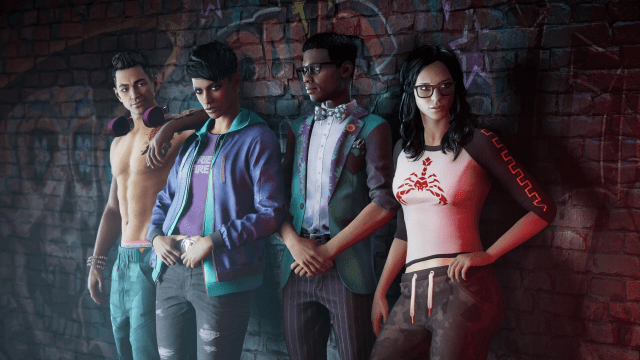Tale as old as Time
Embracer Group, the holding company that has spent recent years acquiring studios and publishers from across the globe, has announced that it is preparing to enter a phase of restructure, which is expected to result in the closure of numerous studios within the company’s portfolio.
“Today we announce a comprehensive restructuring program that will enable us to realize untapped potential in Embracer Group and better optimize the use of our resources” begins a statement by Embracer CEO Lars Wingefors. “Across the group, we are now initiating multiple actions to strengthen our cash flow generation and leverage our portfolio of IPs to become a stronger company and setting out on a stable future to build even greater games to the benefit of gamers and fans across the globe.”
In a separate, “open letter” however, Wingefors confirmed that studio closures and layoffs will be taking place as part of the restructuring process.
“Embracer currently engages close to 17,000 people and while that number will be lower by the end of the year, it is too early to give an exact forecast on this,” wrote Wingefors.”It is painful to see talented team members leave. Our people are what make up the very fabric of Embracer. I understand and respect that many of you will be worried about your own position and I don’t have all the answers to all questions. I want to be clear that the decisions about this program were not taken lightly.”
“The reality is that the quicker we act, the sooner we emerge as a stronger company.”

Embracer Group is currently one of the biggest and most influential holding companies in media in general and gaming in particular. The Swedish conglomerate’s vast portfolio of studios includes Gearbox Entertainment, Koch Media, THQ Nordic, DECA Games, Plaion, Asmodee, Crystal Dynamics, Saber Group, as well as all the respective subsidiaries and a large list of independent studios.
“The actions will include, but not be limited to, closing or divestments of some studios and the termination or pausing of some ongoing game development projects,” continues Wingefors. “It will also include decreased spending on non-development costs such as overhead and other operating expenses. We will reduce third-party publishing and put greater focus on internal IP and increase external funding of large-budget games.”
The restructuring process will happen in phases, effective immediately until March 2024.














Published: Jun 13, 2023 06:45 am